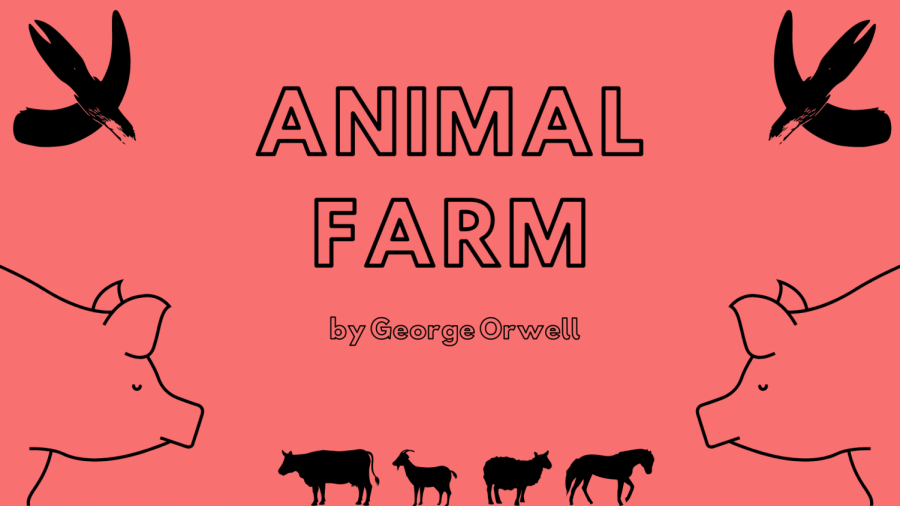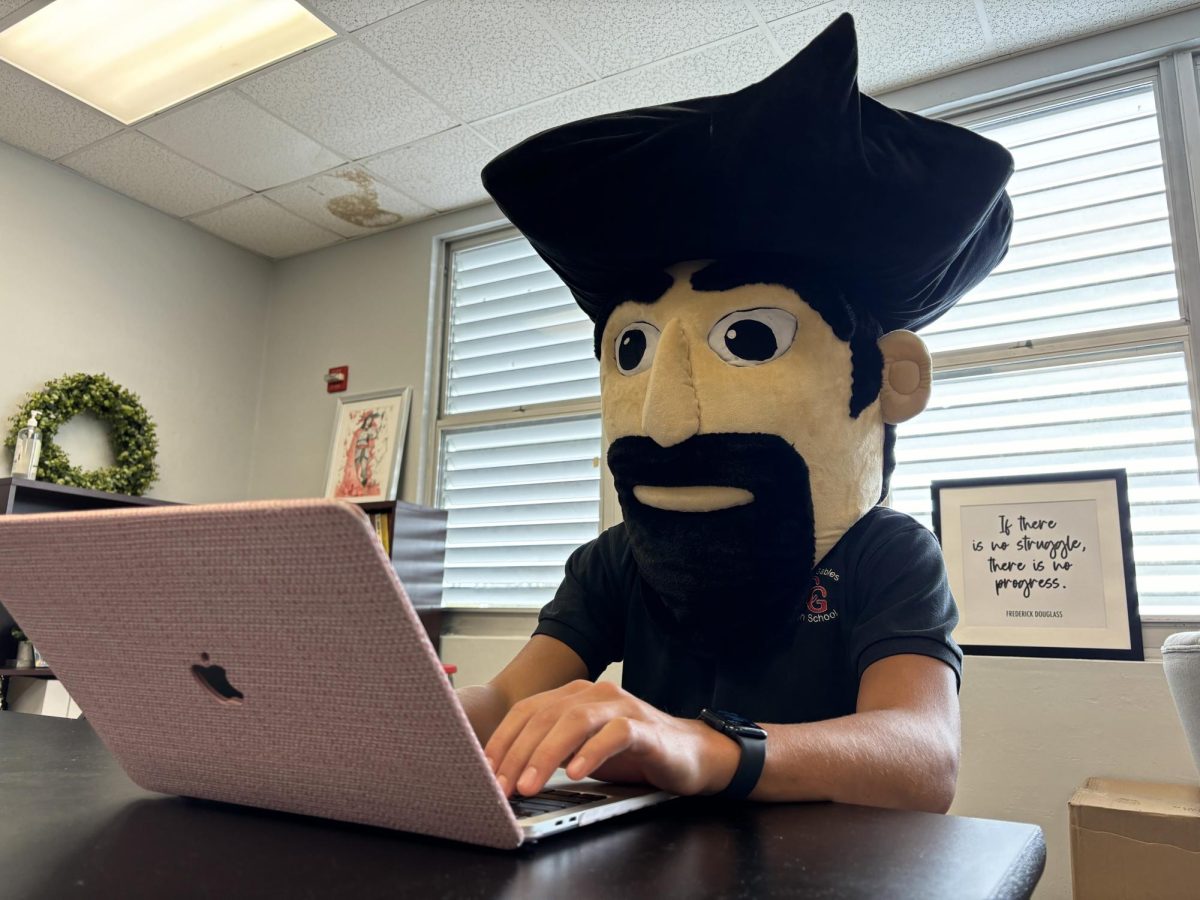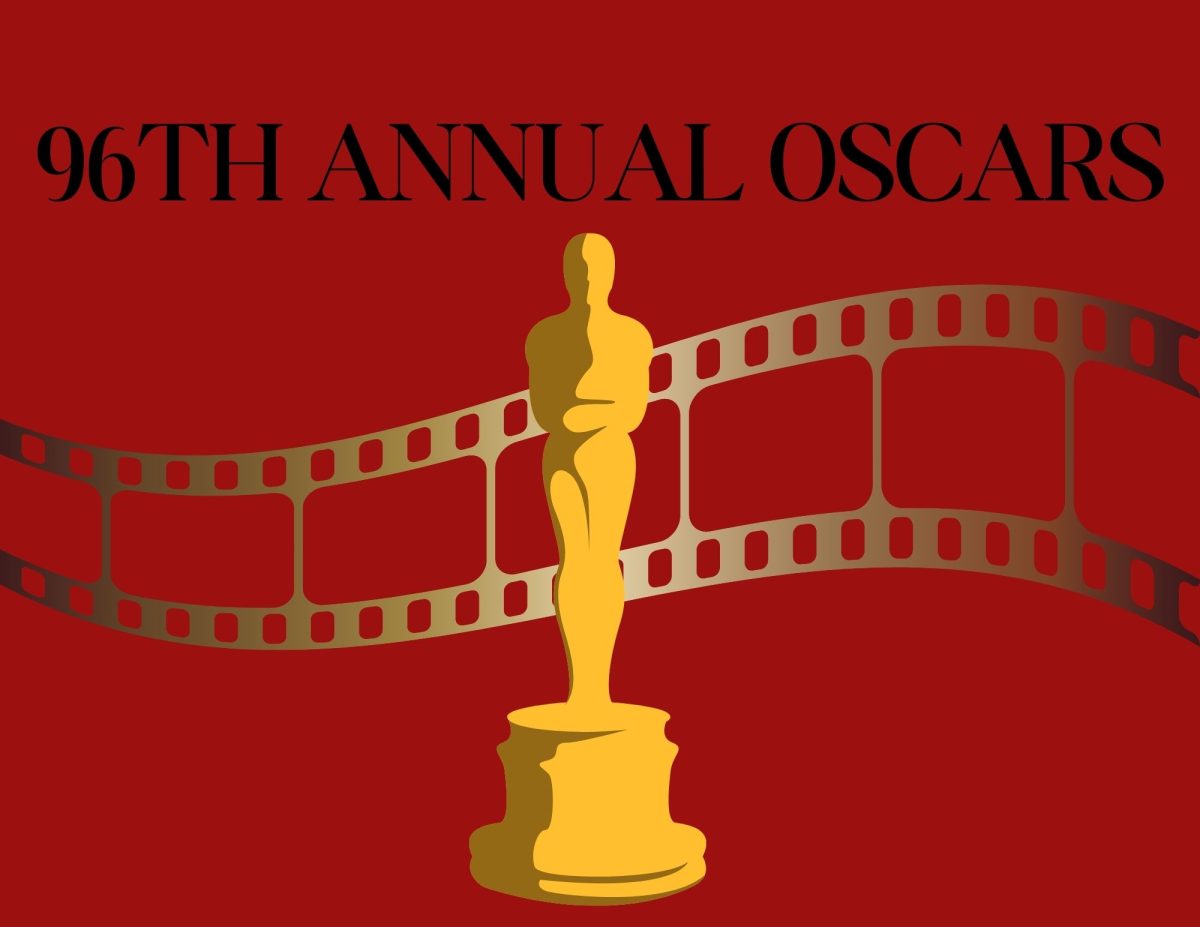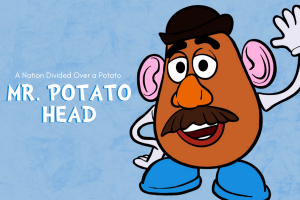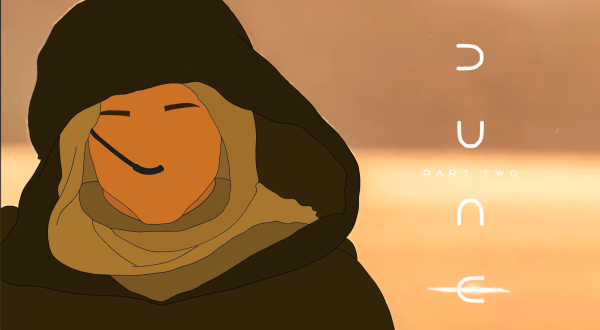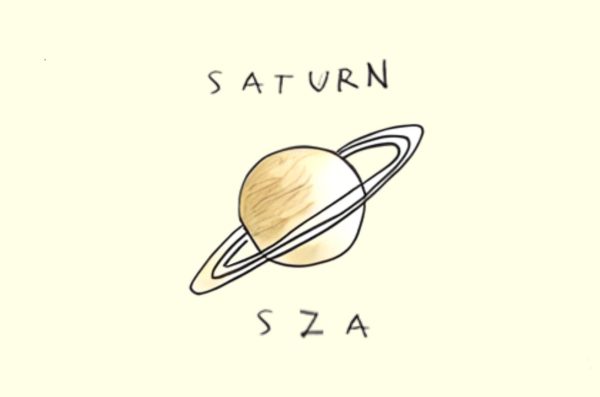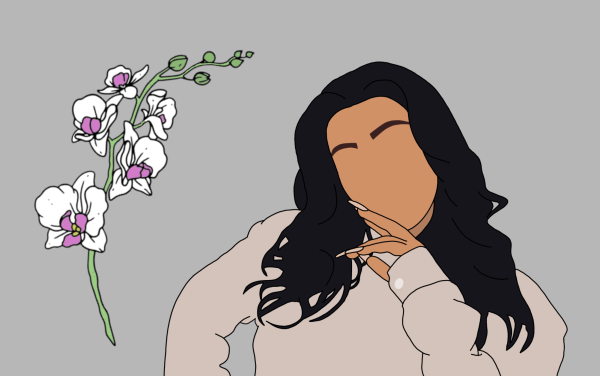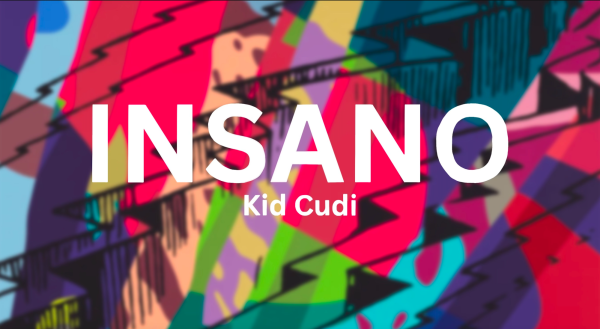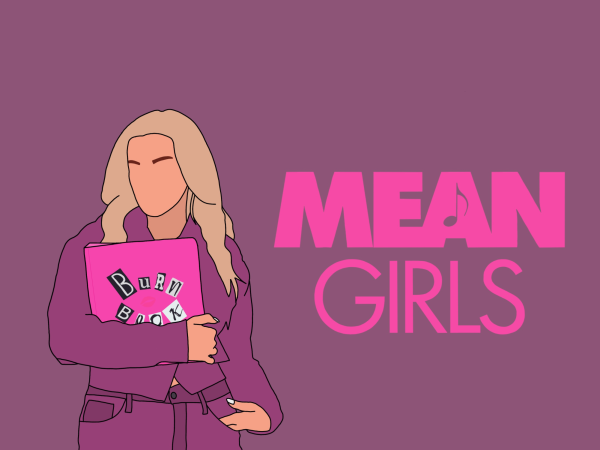“Animal Farm”: Truth or Politics?
“Animal Farm” has often been read in schools due to the necessary deep analyses readers have to make when reading.
Sep 12, 2021
Author: George Orwell
First Published: Aug. 17, 1945
Our Rating: A+
“Animal Farm” is a book of rebellion and mockery. The story tells readers about their decisions and the consequences of said decisions on the farm and on the animals themselves.
This book is supposed to represent the events leading up to the Russian Revolution of 1917, which eventually led to the the Union of Soviet Social Republics becoming communist and Stalin being put in power. This book was written years after this event though, between 1943 and 1944, meaning that it was also greatly influenced by Orwell’s views of communist Russia and Stalin at the end of World War II.
For some context, Orwell greatly disliked Stalin and viewed the Russian alliance with England during this period very negatively. The manuscript of the book was rejected by all the English and American editors Orwell contacted at first but ended up being published when international relations with Russia changed with the end of WWII, and the beginning of the Cold War. Due to the very anti-communist phenomenon of the time, the book quickly became a success.
Every twist and turn in this book made it so much better to read and the abusive politics of the pigs made me realize just how many parallels to real-life this book had,
— sophomore Leanna Anderson
With subtle clues and a significant amount of symbolism, this book is very clear on its underlying themes. Communism is the obvious theme of the piece and it’s very well written about. Orwell used animals to represent different historical figures and used different farms to represent countries. This satirical piece really gives its audience a very complex view of communism through symbolism, in particular. It allows its readers to get a deeper insight and to make up their own minds about the topic, making it a universally appealing book.
“The way the author uses a perspective different than just using humans to get his message across really makes a difference,” sophomore Auriane Lapierre said.
Through the animals’ character development and plot, Orwell demonstrated the consequences of putting selfish people in power over time, which was inspired by history. Even if they start out with the best intentions, power easily corrupts those who hold it, which is also made clear in the book. In such stories, there are usually people of elite classes or those who have the favor of the one in power, who are willing to help their leader with his schemes.
“Animal Farm” is a great representation of people’s relationship with power and the corruptness it creates in them. The book is great to learn more about communism but also about human nature and the way it influences governments, leaders and even the poor followers of a utopian “ideal.”


